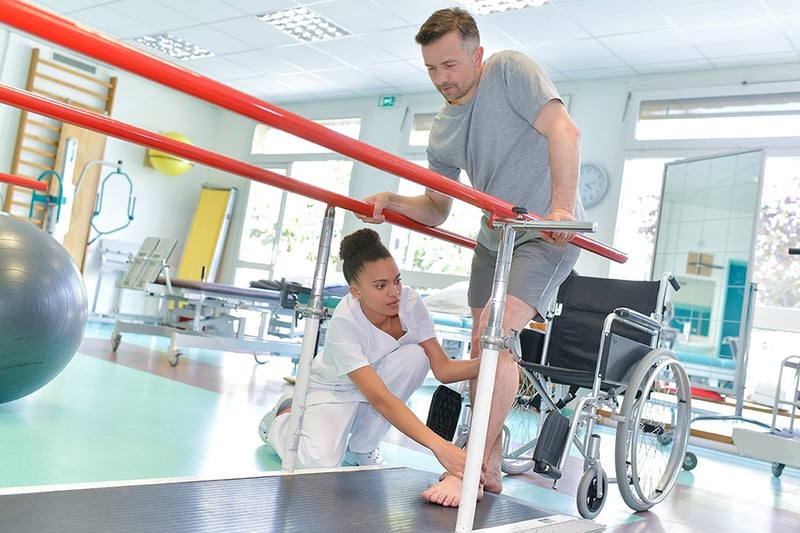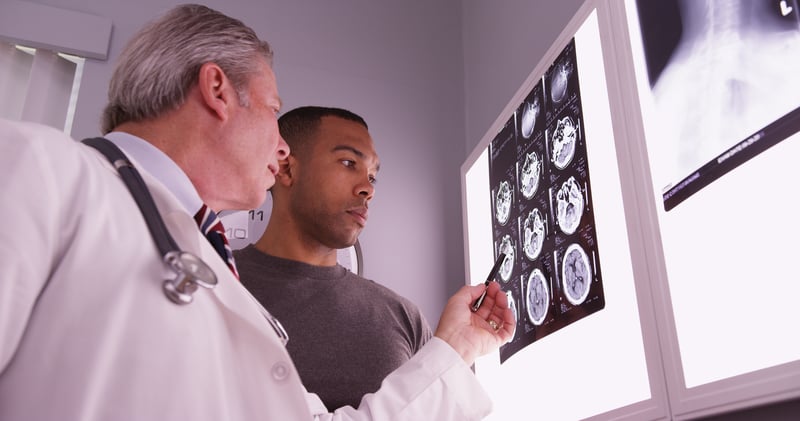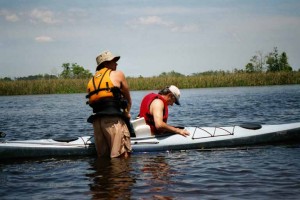The FSCIRC’s Brain and Spinal Cord Injury Program
There are other brain and spinal cord injury programs beyond the ones offered by the Florida Department of Health. The Florida Spinal Cord Injury Resource Center (FSCIRC) has its own Brain and Spinal Cord Injury Program (which they abbreviate BSCIP). As they state on their website, FSCIRC operates as, “The statewide clearinghouse of SCI resource information for persons who have survived an SCI, their families and friends, healthcare professionals, support groups, the media, and the general public.”
Their BSCIP program provides services and resources to Florida residents all throughout the state, helping survivors of traumatic brain injury (TBI) or spinal cord injury gain the resources they need to enter vocational rehabilitation and get their lives back in order.
Two key features of the Florida Spinal Cord Injury Resource Center’s program are:
- The Services Provided for TBI and SCI Survivors. The services provided in the BSCIP program include transitional living services, provision of acute care, inpatient/outpatient rehabilitation, durable medical equipment supply, adaptive modifications for homes, assisted living services, and long-term care.
- The Program’s Eligibility Criteria. To be eligible for FSCIRC’s program, you must have a referral under s. 381.74, F.S. of
 , be a legal resident of Florida, have sustained either a TBI or SCI, be medically stable, and, “Be reasonably able to achieve reintegration into the community through services provided by the program.”
, be a legal resident of Florida, have sustained either a TBI or SCI, be medically stable, and, “Be reasonably able to achieve reintegration into the community through services provided by the program.”
FSCIRC’s BSCIP program is publicly funded through a trust fund that is drawn from, “Fines levied for speeding, driving or boating under the influence, and surcharges on temporary license plates,” and acts as a payer of last resort for SCI and TBI survivors who may not otherwise be able to afford proper care and rehabilitation services.




























